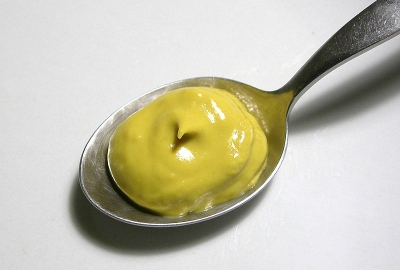Olive oil compounds may protect against oxidative stress in the liver, according to a new study in rats. The research, published in Nutrition and Metabolism reports that rats fed on a diet containing olive oil were partially protected from liver damage after being exposed to a moderately toxic herbicide known to deplete antioxidants and cause oxidative stress.
“Olive oil is an integral ingredient in the Mediterranean diet. There is growing evidence that it may have great health benefits including the reduction in coronary heart disease risk, the prevention of some cancers and the modification of immune and inflammatory responses,” said Prof. Mohamed Hammami from the University of Monastir, Tunisia and King Saud University, Riyadh, Saudi Arabia.
“Here, we’ve shown that extra virgin olive oil and its extracts protect against oxidative damage of hepatic tissue,” he added. In healthy people, the generation of reactive oxygen species generation (ROS) is counterbalanced by the action of antioxidant. However, oxidative damage caused by an imbalance in ROS and antioxidants is a major contributor to the development of many diseases including CVD, cancer and neurodegenerative disorders.
In experimental studies, olive oil and its phenolic compounds have shown strong antioxidant properties, with the authors noting growing evidence that it may have health benefits including the reduction in coronary heart disease risk, the prevention of some cancers and the modification of immune and inflammatory responses. The new study explored the idea that, owing to its high content of natural antioxidants, olive oil could reduce oxidative damage in rats.
Because the liver is not only the main target for phenolic antioxidants once absorbed from the gut but is also the major place for phenolic metabolism, the researchers stated that studies investigating the effect of antioxidant dietary phenolics on the liver should be given priority.









